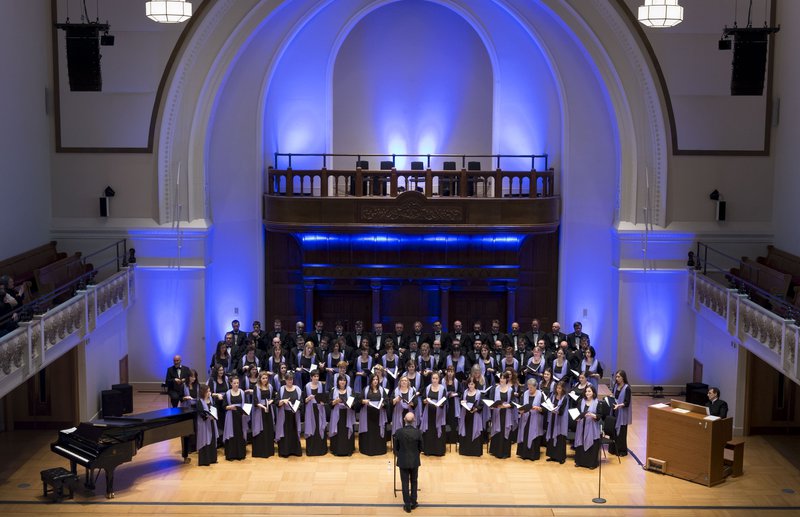A Singing revolution in Catalonia?
With a population just below that of Barcelona, at around 1.5m inhabitants, Estonia is one of the EU’s less inhabited countries. Furthermore, together with its two southern Baltic neighbours, Lithuania and Latvia, it lags in population density; paradoxically enough, considering the fertile (mostly flat) land that faces the Baltic sea. Together with a recent history of struggle for national self-determination, the three countries share an exceptional entrenched culture of choral music: one of the highlights while visiting their main cities are the huge open-air auditoriums, such as those in Vilnius, Riga and Tallinn. They host the countries’ main song festivals, in which choirs gather every once in a while to play and sing mostly pagan songs.
After narrowly missing the previous one in 2014, this author attended Estonia’s main song festival, “Laulupidu”, last July. The event’s climatic day, always on a summer Sunday, was a heart-warming display of colourful choirs (dressed in traditional costumes) coming from the four corners of the country, in a whole-hearted communion with a bursting auditorium: people of all ages, happy and proud of their long-living traditions, able to stand up and sing in tune for hours. Beyond the stunning harmonies and melodies, the event is a display of the nation’s identity, an atmosphere that raises a keenness to join the crowd; and, why not, jealousy (the reasonable one) of this country’s genuine elegance and unity.
The documentary “The Singing Revolution” (2007) described events in Estonia (which took a similar path in Latvia and Lithuania) during its struggle against the Soviet Union, precisely via the lenses of this powerful singing tradition. It was by singing their own music in their own language (de facto forbidden by Moscow) that Estonians connected with their past, overlapping Communist rule. Singing traditional music in Estonian was a way of channelling their nation’s aspirations, as well as (indirectly) calling the Soviet oppressors by name. In fact, it was a slap in the face of the Soviet Union’s staged harmony, and it slowly pushed Estonian’s political mainstream towards the path of self-determination. Arguably, Estonia’s cunning politicians where skilful to take advantage of Gorbachov’s “Glasnost” (openness) and “Perestroika” (reform), both key in causing the Soviet Union’s natural impulses to crash whatever deviated from the Nomenklatura’s dictates.
Catalonia is nowadays praised worldwide for claiming independence through massive peaceful rallies, as we have seen recently. The participative, democratic and open attitude is such here that agent provocateurs (there are roughly 200 Spanish intelligence officers dedicated to derailing the Catalan movement) have no place for the tricks seen elsewhere. Yet, among the beauty of the rallies themselves, some of them choreographed, it remains to be seen to what level they could be elevated with big choirs singing along. Bringing in massive choirs would further contrast with Madrid’s repression, adding more adepts to the Catalan fight for self-determination, be they local or international.
While unity and brotherhood are evidently displayed by the cheerful crowds themselves, the evocativeness of music stands at another level, as Baltic choral traditions show. Latvian writer and politician Otto Ozols writes that Catalonia has a unique set of civil society institutions, raised from the bottom up, from a diversity of sectors and milieus, among which there is a long tradition of choral music. With leadership and collective motivation, it may be possible to materialise this potential, especially considering that the Catalan musical repertoire includes melodies and songs perfectly suited to large audiences, such as the ones described above.

